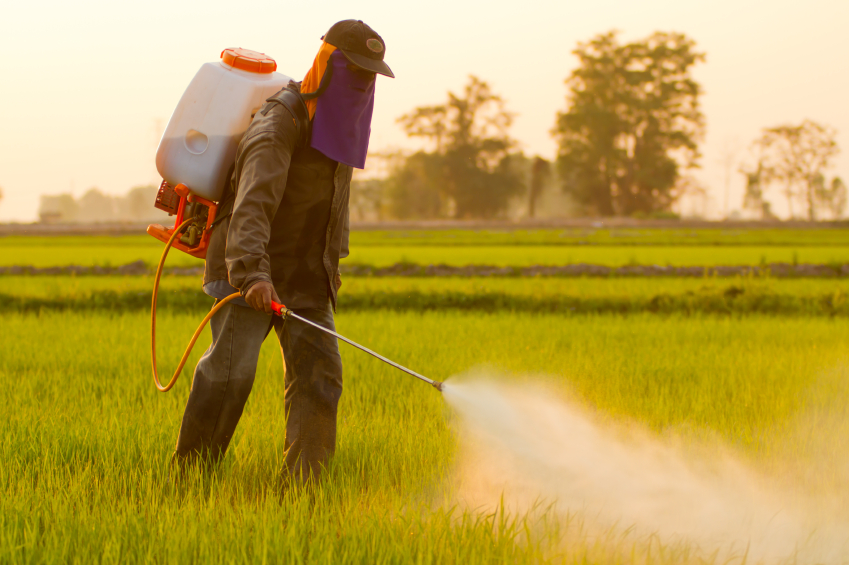
|
Many in the ag industry contend that the amended WPS is onerous and quite expensive—particularly when it comes to training. According to the Agricultural Retailers Association, the EPA disregarded industry comments and underestimated the cost of the regulation, especially the training component.
How Often?!
The biggest news on the training front for the amended WPS is the increase in how often agricultural workers and pesticide handlers must be trained. Instead of every 5 years, workers and handlers must be trained annually.
Ag industry officials are particularly incredulous that the EPA made such a significant increase in training and yet still claims that the costs of the amended WPS are negligible for employers.
Train Before Work
The amended WPS eliminates the 5-day grace period for training for agricultural workers. Workers must be trained before they work in an area where a pesticide has been used or where a restricted-entry interval (REI) has been in effect in the past 30 days.
Expanded Content
The training content is significantly expanded for both agricultural workers and pesticide handlers. Final worker training topics expanded from 11 basic topics to 23 items. Handler training expanded from 13 items to 36 items.
Recordkeeping
The voluntary verification card system for training is on the way out. Under the amended WPS, employers must keep training records for workers and handlers for 2 years. They must also provide a copy of the training record to workers and handlers upon request.
Compliance Deadline
The compliance deadline for training agricultural workers and pesticide handlers under the amended WPS is January 1, 2018, “or later.” The EPA is developing training materials. Compliance with the new training requirements is required 180 days after the notice of availability of the training materials in the Federal Register but no earlier than January 1, 2018. Meaning, the compliance deadline could be later than January 1, 2018, if the EPA does not make the training materials available by July 1, 2017.
For training information and to follow developments about pesticide requirements, check out Enviro.BLR.com®.
